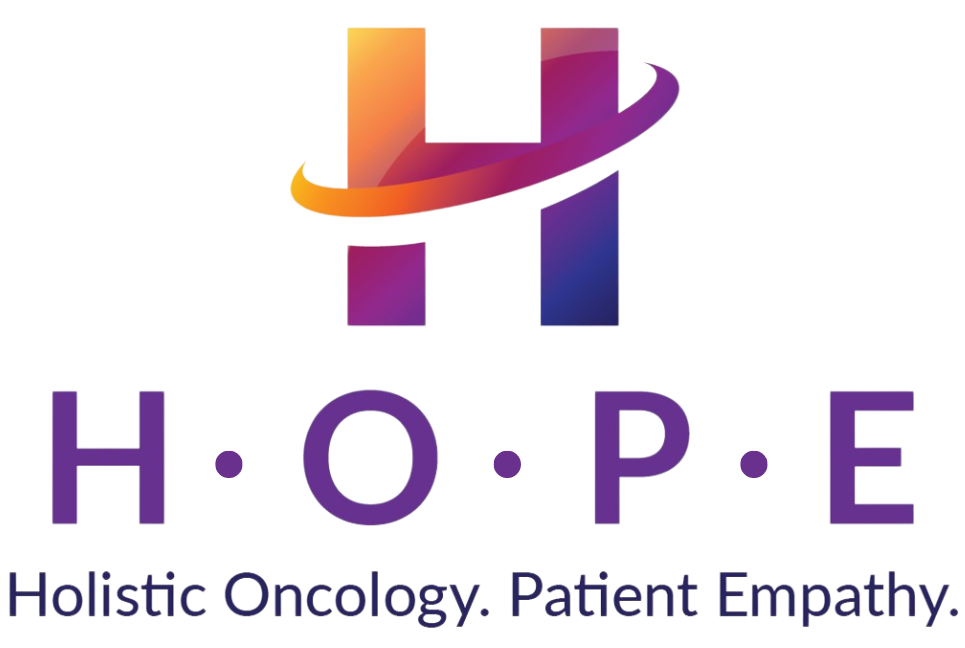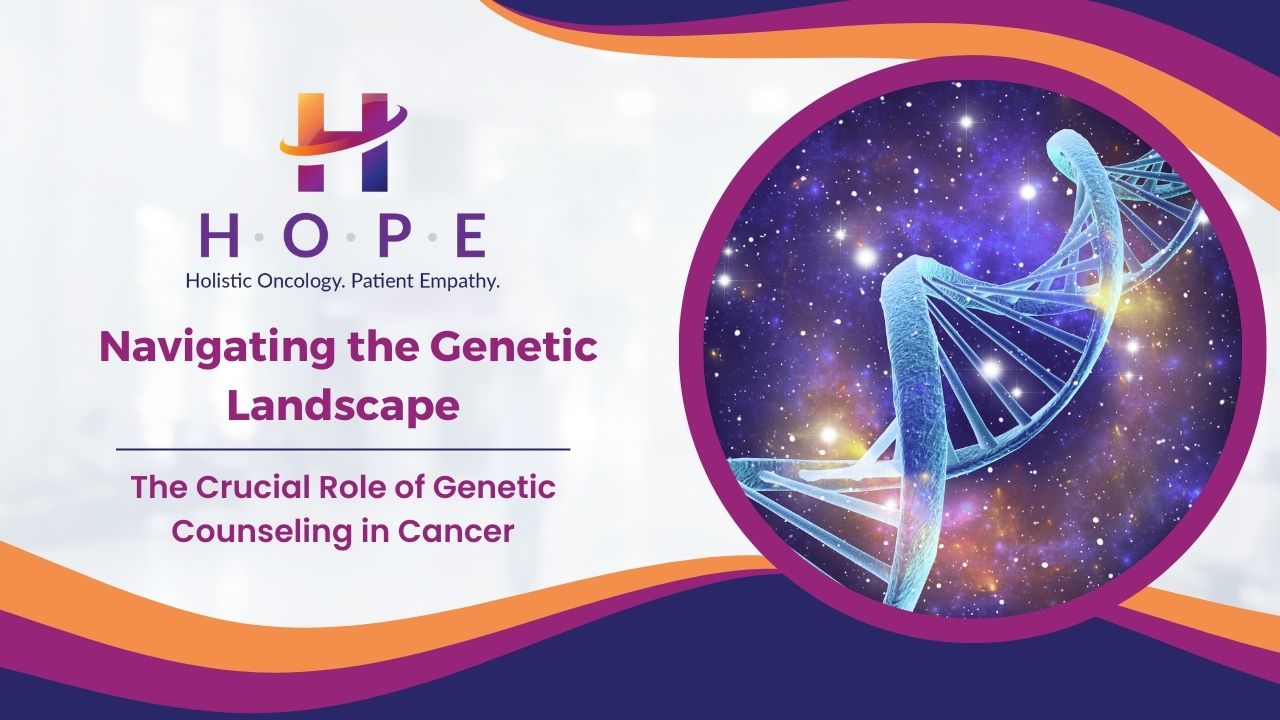Introduction
The field of genetic counseling has emerged as a vital component in the comprehensive care and management of individuals at risk for hereditary cancers. As our understanding of the genetic basis of cancer continues to advance, the role of genetic counseling becomes increasingly significant. In this article, we will delve into the intricacies of genetic counseling for cancer, exploring its purpose, the process involved, the impact on individuals and families, and the broader implications for healthcare.
Understanding Genetic Counseling
Genetic counseling is a personalized process that seeks to help individuals and families understand the genetic aspects of their health, including the risk of hereditary conditions such as cancer. In the context of cancer, genetic counseling focuses on identifying inherited genetic mutations that may predispose individuals to an increased risk of developing certain types of cancer.
The Purpose of Genetic Counseling for Cancer
- Risk Assessment:
Genetic counselors assess an individual’s personal and family medical history to determine the likelihood of an inherited predisposition to cancer. This involves examining patterns of cancer occurrence and identifying potential red flags that may warrant further genetic testing.
- Genetic Testing:
When deemed appropriate based on the assessment, genetic testing may be recommended. This involves analyzing specific genes associated with hereditary cancer syndromes. The results of these tests can provide valuable information about an individual’s cancer risk and guide personalized medical management.
- Informed Decision-Making:
Genetic counseling facilitates informed decision-making regarding genetic testing. Counselors discuss the potential benefits and limitations of testing, helping individuals weigh the emotional, psychological, and medical implications before making a decision.
- Psychosocial Support:
A cancer diagnosis, especially one with a hereditary component, can be emotionally challenging. Genetic counselors provide psychosocial support, addressing concerns, providing coping strategies, and helping individuals navigate the emotional complexities associated with genetic information.
The Genetic Counseling Process
- Initial Assessment:
The process begins with a thorough assessment of the individual’s medical and family history. This helps identify any patterns or clusters of cancer that may suggest a hereditary component.
- Education:
Genetic counselors educate individuals about the basics of genetics, the inheritance patterns of specific cancers, and the role of genetic testing. Clear communication is essential to ensure individuals comprehend the information provided.
- Informed Consent:
Before undergoing genetic testing, individuals receive detailed information about the benefits, limitations, and potential implications of the testing. Informed consent is obtained, ensuring that individuals make decisions based on a thorough understanding of the process.
- Genetic Testing:
If deemed appropriate, genetic testing is conducted. This may involve a blood sample or saliva test, and the results are usually available within a few weeks. Genetic counselors interpret the results and discuss their implications with the individual.
- Results Discussion:
Following the receipt of genetic testing results, genetic counselors guide individuals through the interpretation of findings, explaining the significance of identified mutations and their potential impact on cancer risk.
- Long-term Management:
Genetic counseling extends beyond the testing phase. Counselors work with individuals to develop a personalized plan for cancer surveillance, risk reduction, and management based on the genetic information obtained.
Impact on Individuals and Families
- Empowerment:
Genetic counseling empowers individuals with knowledge about their genetic predisposition to cancer, enabling them to make informed decisions about their healthcare.
- Early Detection and Prevention:
Identifying hereditary cancer risks allows for personalized screening and prevention strategies. This may include more frequent screenings, preventive surgeries, or lifestyle modifications to mitigate the risk of cancer development.
- Family Dynamics:
Genetic counseling often involves discussions about sharing genetic information with family members. This can have implications for the broader family dynamic, as relatives may also be at risk and could benefit from genetic testing and counseling.
Psychosocial Impact:
Genetic counseling addresses the psychosocial impact of genetic information, helping individuals cope with the emotional and psychological aspects of learning about an increased cancer risk.
Broader Implications for Healthcare
- Precision Medicine:
Genetic counseling contributes to the paradigm of precision medicine by tailoring healthcare interventions based on an individual’s genetic makeup. This approach allows for targeted and personalized strategies in cancer prevention and treatment.
- Public Health:
Identifying hereditary cancer risks through genetic counseling has implications for public health. Understanding the prevalence of specific genetic mutations in certain populations can inform public health initiatives and policies.
- Research and Innovation:
The data collected through genetic counseling contribute to ongoing research in cancer genetics. This research, in turn, fuels innovations in diagnostics, treatment modalities, and our overall understanding of cancer biology.
- Ethical Considerations:
As genetic testing becomes more widespread, ethical considerations surrounding privacy, consent, and potential misuse of genetic information come to the forefront. Genetic counseling plays a crucial role in ensuring that these considerations are addressed and respected.
Challenges and Future Directions
- Access and Equity:
Access to genetic counseling services may be limited in certain regions or communities, leading to disparities in healthcare. Efforts are needed to enhance accessibility and promote equity in the provision of genetic counseling.
- Interpretation of Variants:
With the increasing complexity of genetic testing, interpreting variants and their clinical significance can be challenging. Ongoing research is essential to refine our understanding of genetic variants and their implications for cancer risk.
- Integration into Healthcare Systems:
The seamless integration of genetic counseling into routine healthcare remains a challenge. Collaborative efforts are necessary to ensure that genetic counseling services are readily available and integrated into various healthcare settings.
- Educational Outreach:
Public awareness about the benefits of genetic counseling and testing is crucial. Educational outreach programs can help dispel myths, reduce stigma, and encourage individuals to seek genetic counseling when appropriate.
Conclusion:
Genetic counseling for cancer represents a dynamic and evolving field that holds immense promise for improving patient outcomes, tailoring treatment approaches, and advancing our understanding of cancer risk. As we continue to unravel the intricacies of the human genome, genetic counseling will play an increasingly pivotal role in guiding individuals and families through the complex landscape of hereditary cancer risks. Through ongoing research, education, and collaboration, the integration of genetic counseling into mainstream healthcare holds the potential to transform the landscape of cancer care, ushering in an era of personalized and precision medicine.








